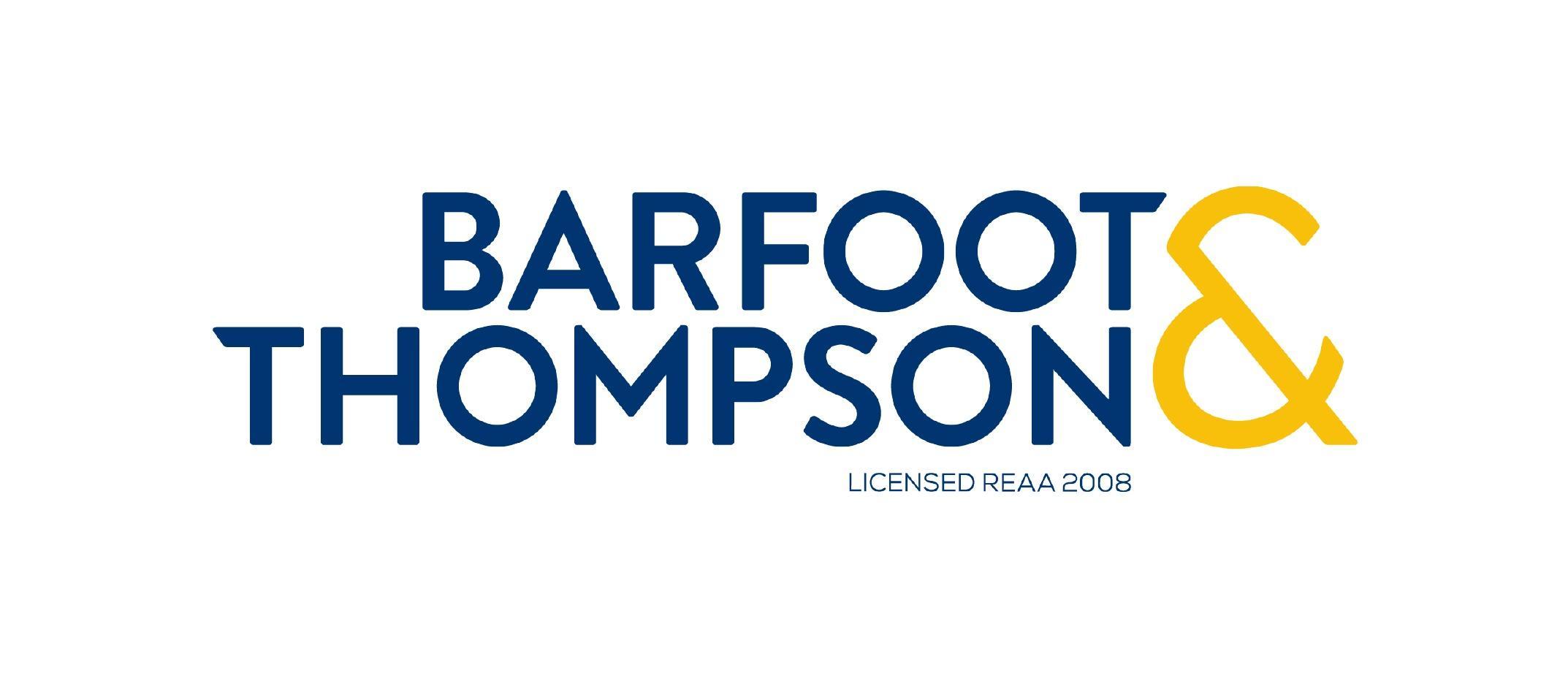The tax implications of converting a residential property into an Airbnb can be complex. There are several factors to consider. For example, is the property your main home; are you renting it out fully or partially; are you GST registered? Your local council may also have rules and regulations that you need to comply with. It is important to seek professional advice to meet your tax obligations.
What is Airbnb?
Airbnb is a US-based company that operates an online platform that allows people to search for and book accommodation worldwide. Airbnb properties include apartments, houses, vacation homes, tree-houses, and yurts.
What if I convert my property into an Airbnb?
If you convert your property into an Airbnb, you may need to charge GST on the rental income. You will also need to declare the income in your tax return. There may also be GST implications on the actual property value so you should seek proper advice before registering for GST.
If you are renting part of your main home, you may be able to claim a deduction for the expenses you incur, such as interest on your mortgage, insurance, and council rates.
What are the benefits of Airbnb?
There are several benefits of Airbnb, including:
- You can rent your property for short-term accommodation and earn extra income
- You have control over who stays and when
- You can set your rental prices
- You can offer your guests additional services, such as breakfast or airport transfers
What are the drawbacks of Airbnb?
Despite the many benefits of Airbnb, there are also some drawbacks to consider:
- You may need to obtain planning permission from your local council
- There may be increased wear and tear on your property
- You will need to comply with various regulations, such as those to do with fire safety
- You will need to insure your property against damage and advise insurers of the use
What if I convert back to residential rental
You will need to consider whether deregistration from GST is required (if registered) and, if so, what that means for your property.
Happily, the use of the property is not affected by the bright-line period. If the property is a new build, you will have a 5-year bright-line period instead of 10 years. The main home exemption may be affected by the use of a particular property.
What if I rent out part of my family home?
If you decide to Airbnb part of the property that constitutes your main home, then there may be exemptions from the interest limitation and ring-fencing rules, depending on the particular circumstances (e.g. whether the part being used as Airbnb forms a part of your main home, or is a separate dwelling and therefore subject to interest limitation/ ring-fencing). As this is very fact specific, we would need to look at this on a case-by-case basis and are happy to do so should you engage with us.
What guidance is provided by IRD
Inland Revenue has several publications on short-stay accommodation to help you work out which rules apply depending on the type of property and use, e.g., the “standard rules” or “mixed-use asset rules” (discussed below). You can start with Inland Revenue’s short-stay accommodation overview, which has a flow chart to work through which rules apply to your property type and its use.
What can I claim?
Where the income is generated from a separate standalone property, the income and expenditure calculations are relatively simple. Where they become more complicated is where the use is mixed, such as a room used part of the time personally and part of the time for Airbnb. There need to be meticulous records of income and claims and the basis for any calculation. The bottom line is that the allocation of costs must be fair, reasonable, and able to withstand scrutiny on audit.
Examples of possible deductible items are:
- Rates
- Water rates
- Insurance
- Interest
- Amenities such as electricity, gas, heating, Sky/Netflix, internet and security
- Cleaning/laundry costs
- Soaps, detergents, tea, coffee, toilet paper and other consumables
- Potential transport/vehicle
Conclusion
If you are letting a room or home on Airbnb or are thinking of doing so, this is a complex area of tax law, and we encourage you to discuss your potential tax exposures with us first before doing so.
The information in this article is necessary of a generalised nature, and specific advice should be sought in relation to any particular situation. Further information and assistance can be gained by contacting BDS; details are here.

Peter Taylor, CA, CPP, MBA
Peter is the director of BDS Chartered Accountants










Add Comment